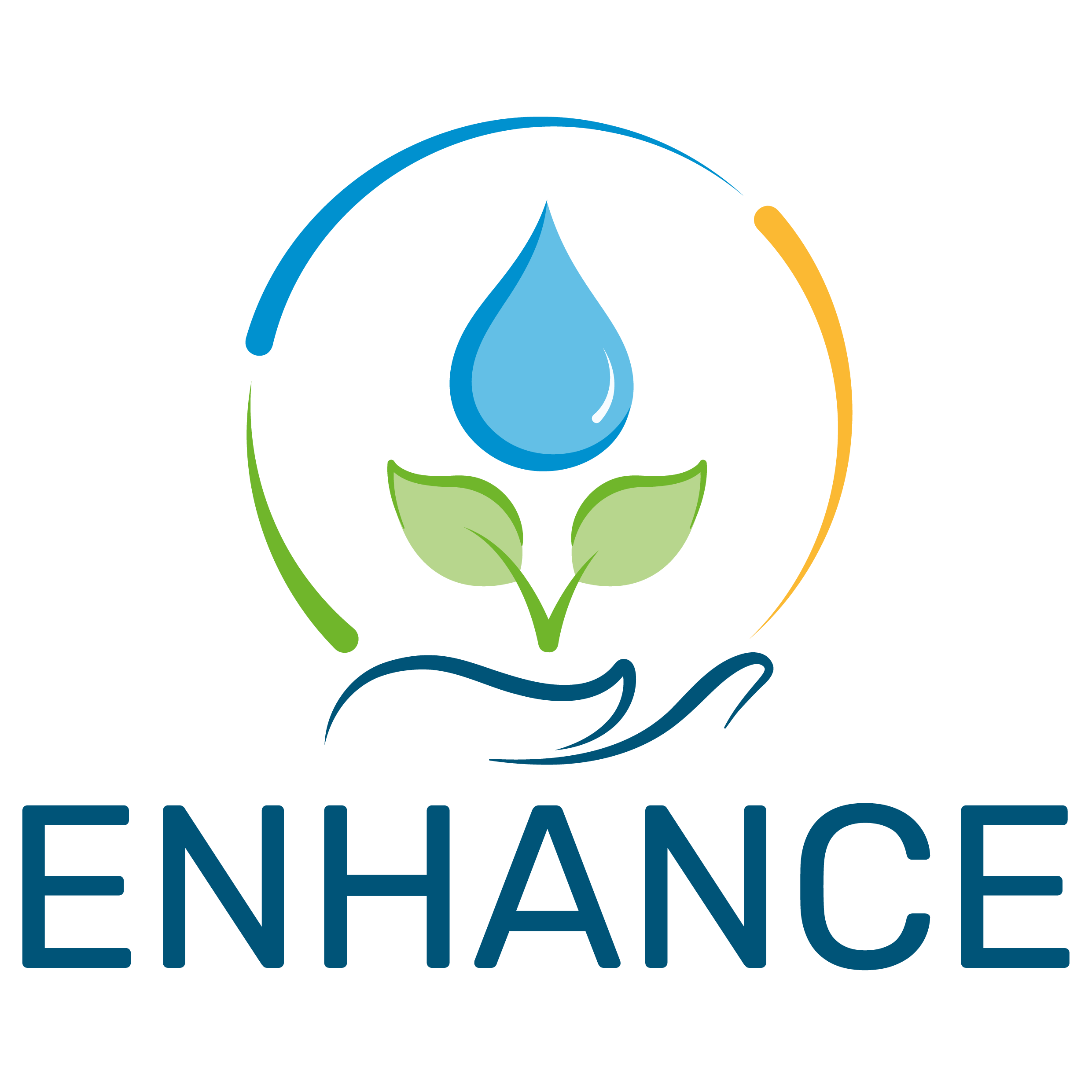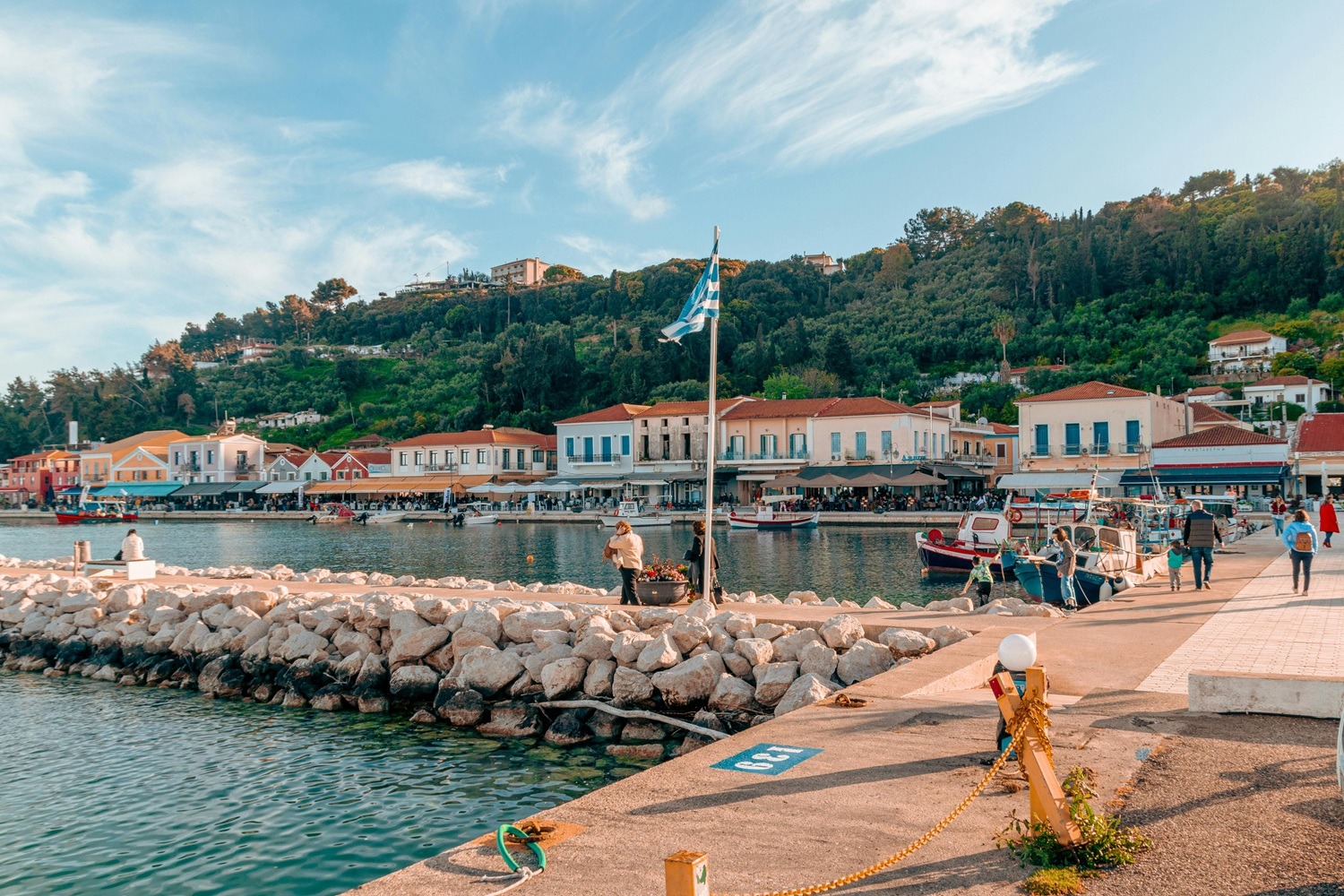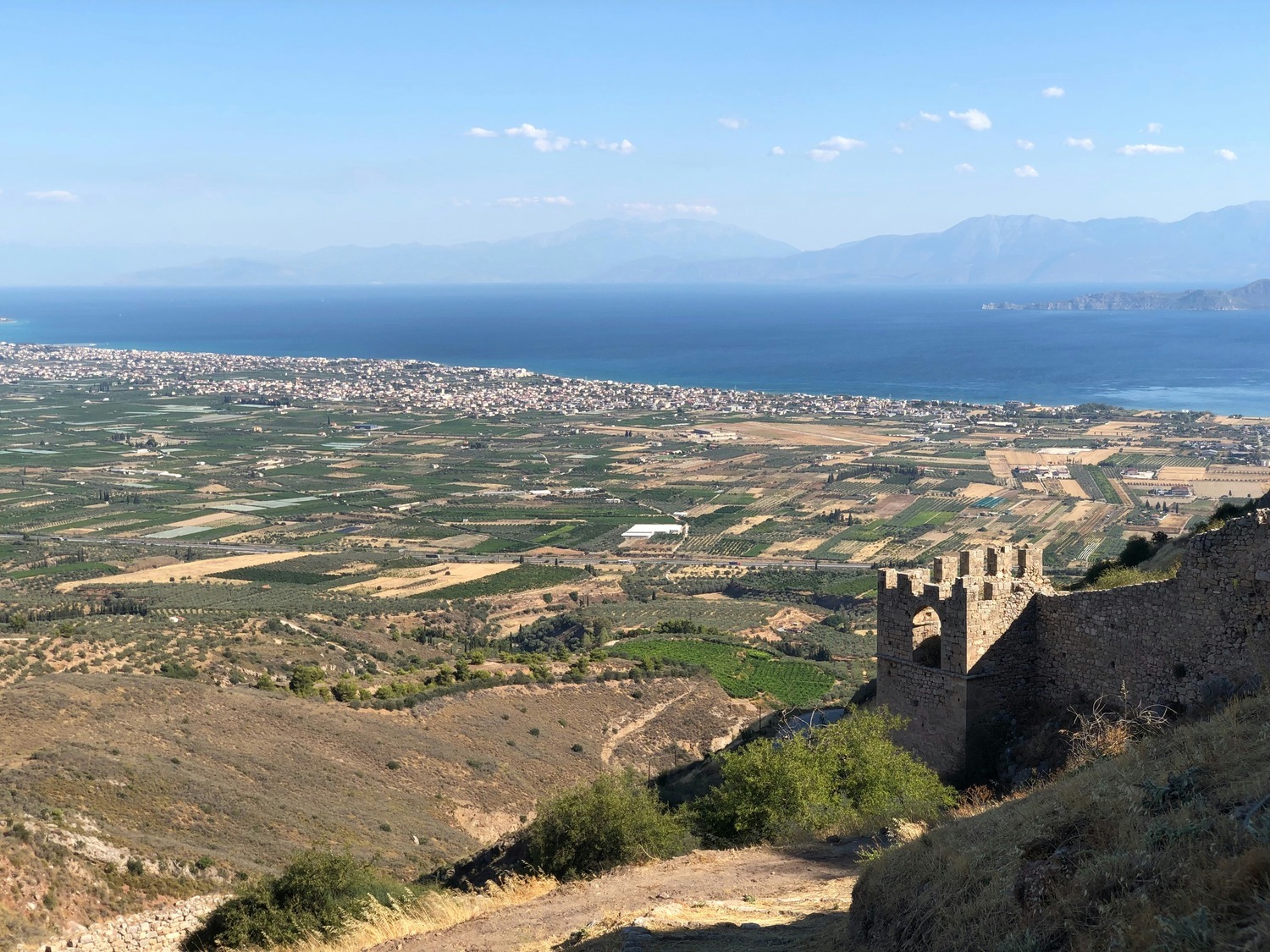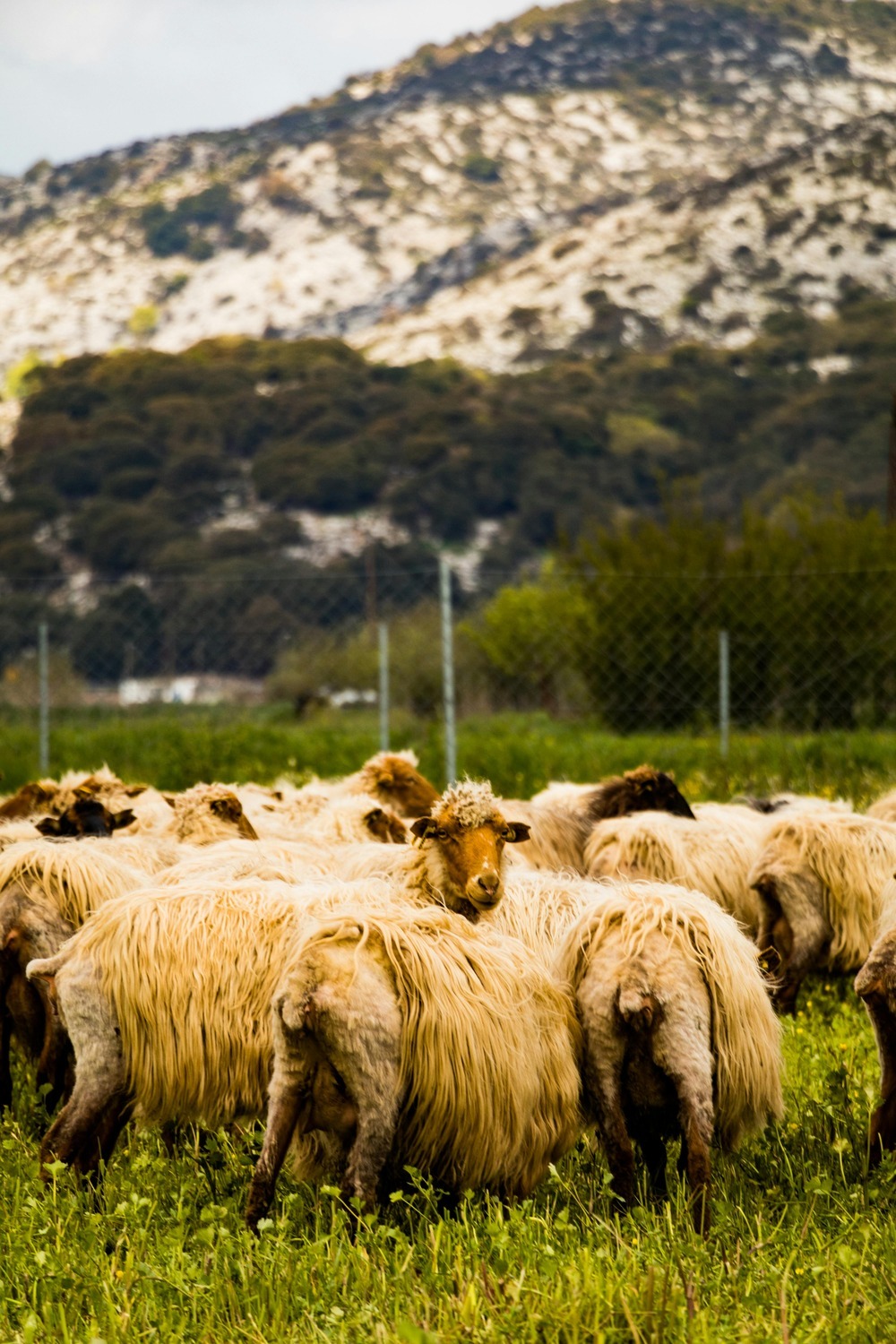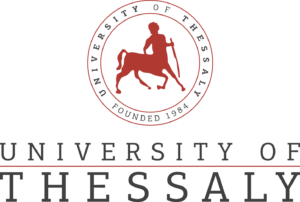CS2. Pagasitikos Gulf - Greece
Case Study: Pagasitikos Gulf, Thessaly, Greece
Local Context
The Pagasitikos Gulf, located in central Greece, is a picturesque coastal area with significant agricultural production from the Thessaly plain.
However, following two catastrophic flooding events in September 2023, the region faced an unprecedented environmental crisis. The floods deposited toxic sediments, debris, and pathogens into the Gulf, threatening both the aquatic environment and public health.
Contaminants like agrochemicals, pathogens, and bacteria are now present in the water and marine life, raising concerns about food safety and the spread of zoonotic diseases.
Planned Actions
The focus of this case study will be to assess the recovery of the Gulf’s ecosystem, with a comprehensive approach examining animal, environmental, and human health.
Monthly sampling campaigns will continue to monitor water quality, pathogens, and antimicrobial resistance, alongside satellite data to assess eutrophication and harmful algal blooms.
ENHANCE tools, including pressure assessments and pathogen measurements, will be integrated with local data to monitor the ongoing environmental recovery.
Expected Impacts
The project aims to provide a detailed analysis of the ecosystem’s recovery timeline, identifying key factors influencing the restoration process.
By linking satellite data with in-situ sampling, ENHANCE will offer valuable insights into water quality, biodiversity, and food security.
The results will help local authorities, fisheries, and the community better manage the recovery of the Gulf and prevent future environmental disasters.
